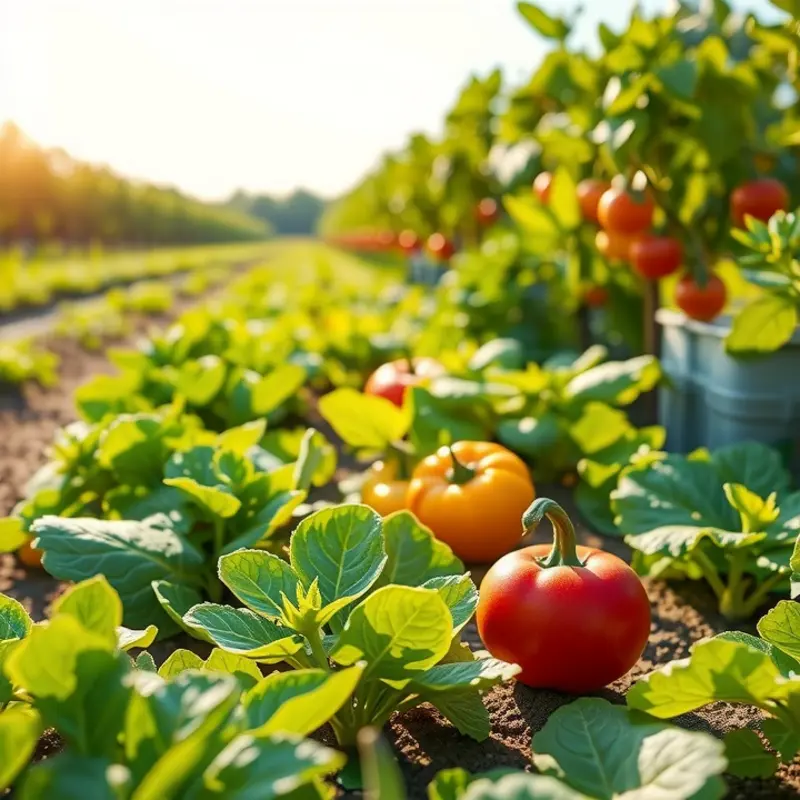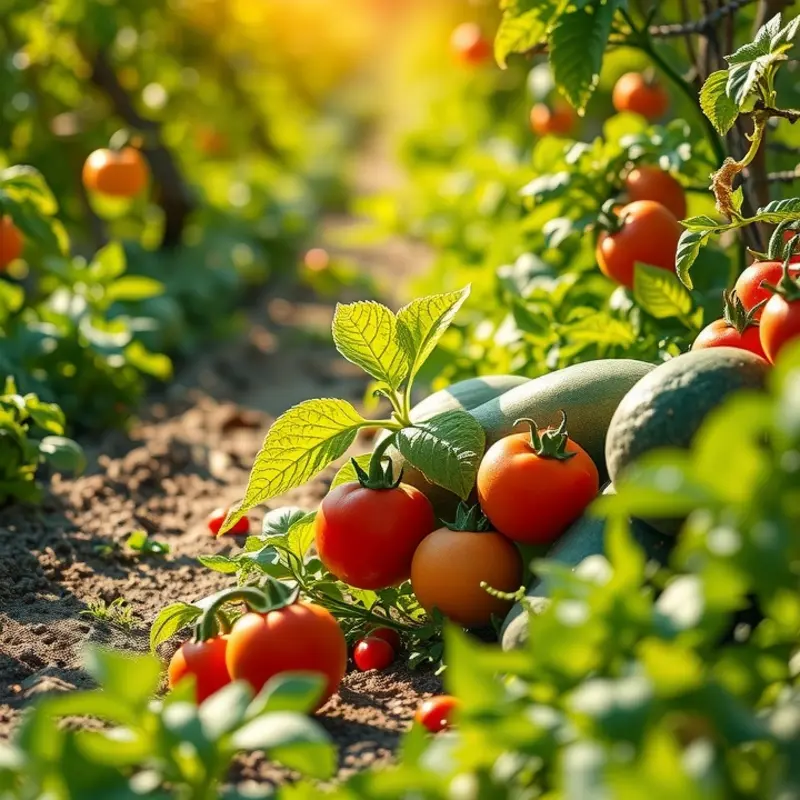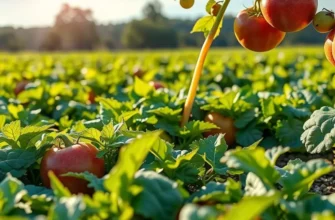Reducing kitchen waste is not only good for the environment, but it can also enhance your culinary experience. Embracing zero-waste meals involves practical tips for food storage, minimizing waste, and improving food management at home. This guide will equip you with actionable strategies for enjoying delicious meals while leaving no leftovers behind.
Efficient Food Storage Techniques

Efficient food storage not only keeps your kitchen orderly but also plays a significant role in reducing food waste. To make the most of your groceries, it’s essential to store them properly, which will help maintain their freshness and nutrients for as long as possible.
Temperature Control
Maintaining the right temperature is crucial for food preservation. Most refrigeration units should be set below 40°F (4°C) to keep foods at a safe temperature, slowing bacterial growth. Utilize separate sections of your fridge for different food types. For example, place raw meats on the lower shelves and store fruits and vegetables in the crisper drawers where humidity can be adjusted.
Use Airtight Containers
A key to extending the shelf-life of many products is to use airtight containers. They protect against moisture and air, which are primary contributors to spoilage. For dry foods like pasta, rice, and cereal, transfer them from their original packaging to airtight containers. When storing cooked meals or leftovers, ensure the containers are sealed to prevent odors from mixing and further protect against bacterial contamination.
The Magic of Mason Jars
Mason jars aren’t just trendy—they’re incredibly useful for storing food. They’re perfect for soups, sauces, and smoothies. Their tight seal ensures freshness, and their transparent nature allows you to see the contents at a glance. If you’re focusing on zero-waste, these jars are also a sustainable option, eschewing plastic wraps and resealable bags.
Label and Rotate
Effective storage also involves clear labeling and regular rotation of items. Label containers with the date stored, so you consume older supplies first, reducing waste. This practice is especially beneficial when buying in bulk or preparing meals in advance. To further aid organization, implement the “first in, first out” method—use older foods first before opening new packages.
Avoid Overstuffing
Overloading your fridge can hinder air circulation, leading to uneven cooling. Ensure enough space between items for air to circulate freely. If space is limited, consider storage solutions like stackable containers. This practice can prevent cold spots and help all items maintain a consistent, adequate temperature.
Embrace Vacuum Sealing
Vacuum sealing is an excellent technique for preserving various foods, especially proteins like fish and meat, which can be more prone to spoilage. By removing air, vacuum sealing extends the shelf-life considerably. For an eco-friendlier choice, opt for reusable vacuum seal bags or containers.
By adopting these storage techniques, you can significantly reduce food wastage, making your kitchen a more sustainable space. For more sustainable kitchen storage solutions, you might want to explore eco-smart kitchen storage.
Creative Meal Planning and Management

Strategic meal planning is key in reducing food waste and promoting balanced nutrition. One effective approach is to craft meals around shared ingredients. Choose a core set of versatile ingredients that can be repurposed throughout the week. For example, a roasted vegetable mix can serve as a side dish, be blended into a soup, or added to a salad.
Batch cooking is another efficient method. Pre-cooking grains or proteins can cut down on prep time while ensuring that no food goes to waste. Selecting recipes with overlapping components allows you to buy in bulk, minimizing packaging waste and ensuring ingredient use.
Keeping a flexible approach can also pay dividends. A rigid meal plan increases the likelihood of spoilage, while an adaptable plan that embraces spontaneity leverages what’s already available. This method of ‘reverse meal planning’—looking at what requires consumption and building meals around it—helps prevent forgotten perishables from ending up in the bin.
Having an organized pantry facilitates meal creativity. Segregate items by type and clearly label any jars, especially homemade or bulk goods. This helps keep track of use-by dates and ingredient stocks, making last-minute meal fixes more manageable.
Exploring plant-based variations can open up numerous potential meals. Seek out seasonal produce, which often comes without the carbon footprint of out-of-season goods. Complement with plant-based proteins to assure nutritional balance. To help ease this transition, explore our guide on easy plant-based eating for creative alternatives and ideas.
Employ the ‘first in, first out’ method for pantry and fridge items to prioritize older items over new purchases. This reduces the chance of overlooking older produce. Listing meals on a visible board or app can prompt which ingredients need immediate attention, blending inventory management with meal inspiration.
Integrating family-food preferences is crucial to the success of waste-reduction goals. Cater to varied tastes by using staple elements—like grains or sauces—alongside customizable toppings or sides. This not only reduces waste but caters to individual nutritional needs.
To summarize, a mindful and flexible approach to meal planning opens a world of culinary creativity while minimizing waste. By organizing your ingredients, embracing plant-based meal components, and staying adaptable with meal ideas, your kitchen can become a model of zero-waste efficiency.
Final words
Adopting zero-waste meal strategies not only benefits your household but also supports a more sustainable future. By implementing efficient food storage techniques and innovative meal planning, you can significantly reduce waste and make the most of every ingredient. Small shifts in your kitchen habits can lead to meaningful changes in the way you manage food, enhancing both your meals and your environmental impact. Start today and enjoy the rewards of a zero-waste lifestyle!







